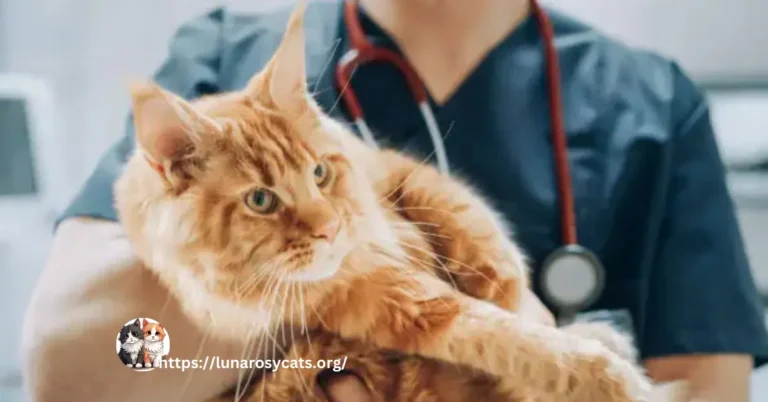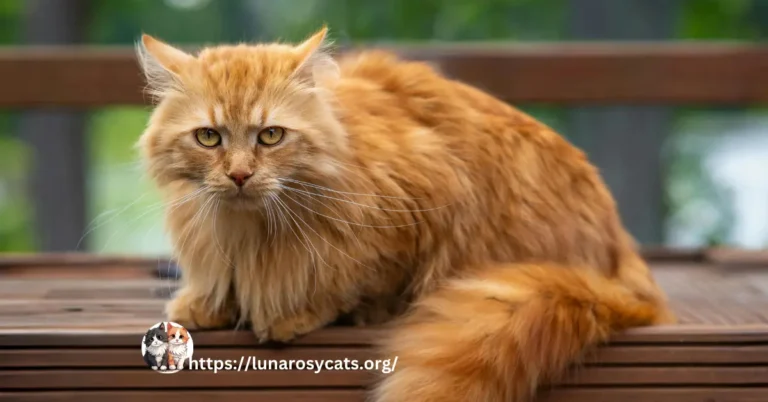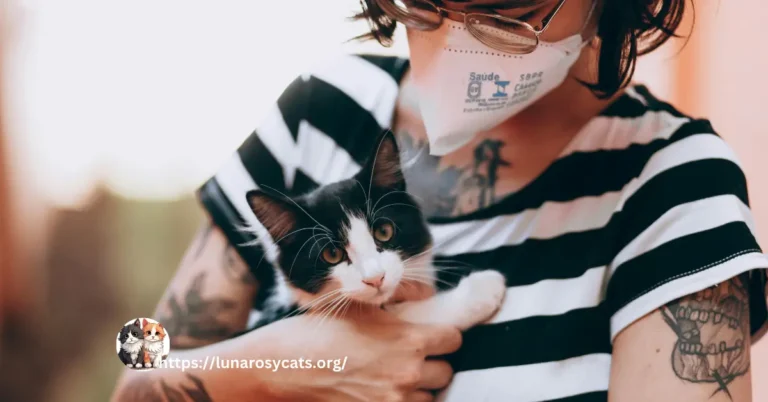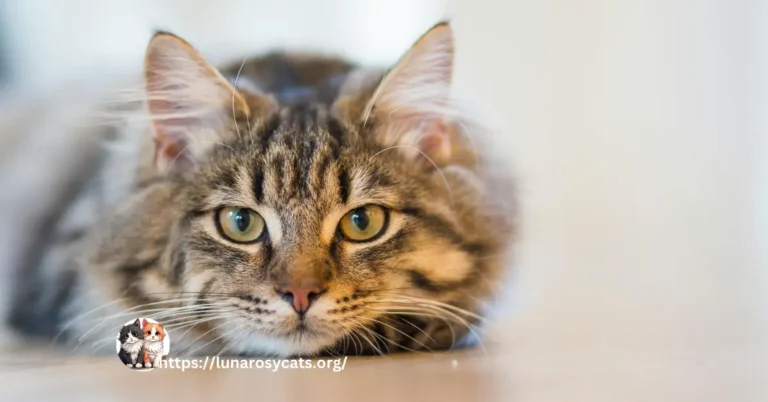How to Groom Your Maine Coon Cat for Optimal Health? top 10 tips!
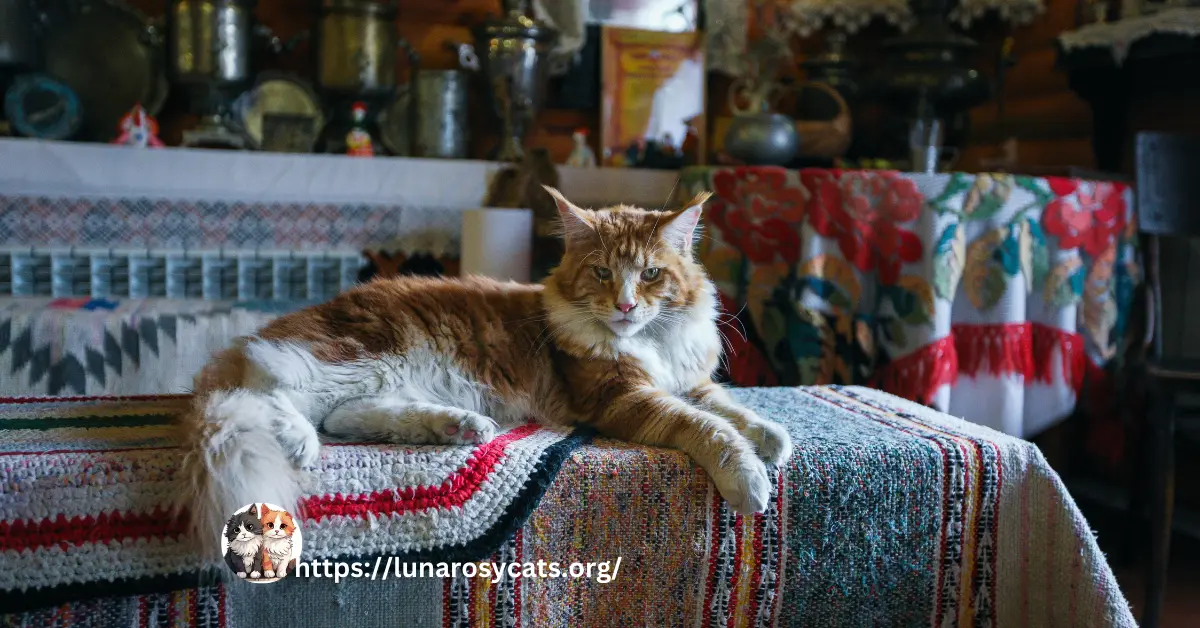
Learn how to groom your Maine Coon cat for optimal health with expert tips on preventing matting, maintaining their coat, and promoting overall well-being.
Maine Coon cats are one of the most beloved breeds, known for their playful personalities and gorgeous, thick coats. While their fur is stunning, it also requires regular grooming to keep it healthy. Without the right care, Maine Coons can suffer from matting, skin issues, and even discomfort from dirty or tangled fur.
In this article, we’ll share 10 expert grooming tips to help you ensure your Maine Coon’s coat and overall health are in top condition.
Why Grooming is Critical for Maine Coons
Maine Coons have long, thick fur with a dense undercoat, which makes them prone to tangles and mats if not properly cared for. Neglecting grooming can lead to:
- Painful mats that can pull at the skin
- Increased shedding, leading to hairballs
- Skin infections or irritations due to trapped dirt
- Parasites like fleas and ticks hiding in the thick fur
Grooming also allows you to bond with your Maine Coon and spot any potential health concerns early on.
1. Daily Brushing is a Must
Maine Coons have a double-layered coat, which means they shed a lot, especially during the spring and fall. To prevent mats, daily brushing is ideal, but at the very least, aim for 3-4 times a week. Use a slicker brush or wide-tooth comb for the best results. Brushing regularly also reduces shedding and prevents hairballs.
Expert Tip: Focus on sensitive areas like the belly, armpits, and behind the ears where mats tend to form quickly.
2. Tackle Mats Immediately
If mats do form, handle them carefully. Avoid pulling at them, as it can be painful for your cat. Use a detangling spray or conditioner designed for cats and work through the mat gently with a comb. For severe mats, consider having them professionally removed by a groomer.
Expert Tip: A mat splitter tool can safely break down mats into smaller sections, making them easier to comb out.
3. Schedule Monthly Baths
Maine Coons generally don’t need frequent baths because their coats are somewhat water-resistant. However, a monthly bath can help remove dead hair, dander, and dirt. Use a cat-friendly shampoo, and ensure the water temperature is lukewarm. Rinse thoroughly to remove all soap residue, as it can irritate their skin.
Expert Tip: Maine Coons are more accepting of water than most cats. Start bathing your cat young to make them comfortable with the process.
4. Trim Their Nails Regularly
Maine Coons are active cats, but even they need their nails trimmed every few weeks to avoid overgrowth. Long nails can break or cause discomfort when walking. Use a sharp nail clipper designed for cats, and trim just the tip. Be cautious to avoid cutting the quick.
Expert Tip: If your cat dislikes nail trimming, try doing it when they’re relaxed or tired.
5. Check and Clean Ears Weekly
Maine Coons have large, tufted ears that can accumulate wax and debris. Check their ears once a week and gently clean them with a damp cotton ball or a vet-approved ear cleaner. Avoid inserting anything deep into the ear canal.
Expert Tip: Healthy cat ears should be pale pink and free of odor or discharge. If you notice redness or excessive wax, consult your vet.
6. Focus on Dental Care
Dental health is often neglected in cats, but Maine Coons are prone to dental issues like tartar buildup. Brush their teeth with a cat-specific toothbrush and toothpaste at least 2-3 times a week to prevent plaque and gum disease.
Expert Tip: Start with short brushing sessions and reward your cat with treats afterward to build a positive association with dental care.
7. Flea and Tick Prevention is Crucial
Maine Coons, especially those with outdoor access, are prone to fleas, ticks, and other parasites that can hide in their thick fur. Check their coat regularly and use a vet-recommended flea and tick preventative year-round.
Expert Tip: If you find fleas or ticks, use a fine-tooth comb to remove them, and consult your vet for treatment options.
8. Use Conditioning Sprays for Coat Health
Maine Coons can sometimes have dry or brittle fur. Use a conditioning spray to keep their coat hydrated and shiny. A spray can also help in managing knots and static during brushing sessions.
Expert Tip: Look for sprays that contain aloe vera or oatmeal extract, as these are gentle and nourishing for sensitive skin.
9. Paw Pad and Fur Care
The long fur between Maine Coon’s paw pads can collect dirt and debris, leading to discomfort. Trim the fur around their paws carefully to keep them clean. Additionally, check their paw pads regularly for any cuts or cracks.
Expert Tip: If your Maine Coon goes outside, cleaning their paws after each trip can prevent infections or irritation from dirt.
10. Feed a Nutrient-Rich Diet
Diet plays a significant role in the health of your Maine Coon’s coat. Omega-3 and omega-6 fatty acids are essential for maintaining a shiny, healthy coat. Choose high-quality cat food that includes these nutrients, along with plenty of protein.
Expert Tip: Adding fish oil supplements to their diet can also promote healthier fur and skin.
FAQs
Q: Do Maine Coons shed a lot?
A: Yes, Maine Coons shed year-round but shed more heavily in the spring and fall. Regular brushing can help control the amount of shedding.
Q: Can I cut my Maine Coon’s hair?
A: Maine Coons generally do not need haircuts. However, some owners choose to have their cats professionally groomed to remove mats or during hot months. Always consult a professional groomer before trimming their coat.
Conclusion
Grooming your Maine Coon cat is an essential part of their overall health and happiness. Regular brushing, nail trimming, ear cleaning, and proper diet can help maintain their stunning appearance and prevent common health issues. By following these expert tips, you’ll ensure that your Maine Coon remains healthy, comfortable, and looking fabulous for years to come.

